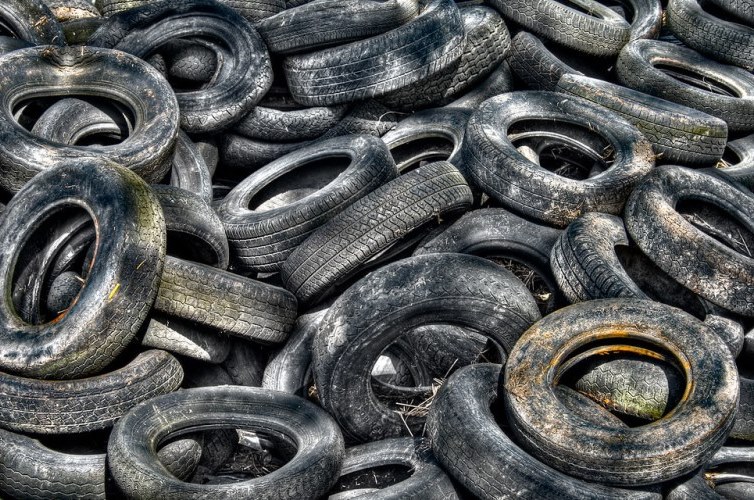Parliament endorses that cement factories make efficient use of waste. In the plenary session held on March 5, the Catalan chamber rejected the CUP’s request to establish a moratorium for “all authorizations for expansions of type or quantities of waste and fuel derived from waste with any industrial destination”. The rejection of this point of the CUP motion ratifies, in fact, the energy recovery in cement factories, a practice that avoids depositing them in landfills or incinerating them, because this avoids greenhouse gas emissions and other impacts on the natural environment. This is particularly beneficial in the case of biomass, which has a closed cycle of CO2 emissions, although it also includes the energy recovery of many other wastes, thus avoiding end-of-pipe solutions.
The result of the vote confirms that it is unnecessary and arbitrary to decree a postponement for energy recovery projects that fully comply with the regulations and hierarchy of waste treatment contemplated in the directives of the European Union (EU) and in force in Catalonia. The European objectives mark that the hierarchy in the matter of waste must first work to reduce generation, continuing with reuse, recycling and material recovery. Energy recovery is the one that avoids dumping and incineration without recovery of waste that cannot be avoided in the previous stages, although it may also be the best environmental option for some waste that is difficult to avoid, recycle and materially recover.
While the Catalan Waste Prevention Law is being processed, which must guide the transition towards a circular model in the use of resources, the use of waste as an energy source allows Catalan factories a double social contribution (management of waste) and environmental (saving fossil fuels, more polluting), and helps their international competitiveness at a time of crisis in the domestic market. It is also a safe practice for people’s health, since, as shown by studies carried out by various universities and research centers in Europe and America, the emissions produced by the combustion of these residues do not change the values produced with the use of traditional fuels such as petroleum coke. And, in all cases, they are always below the threshold set by the restrictive European environmental regulations.
The Motion rejected by Parliament was with the votes of the parliamentary groups of JxCat, PSC, Ciutadans and PPC.

